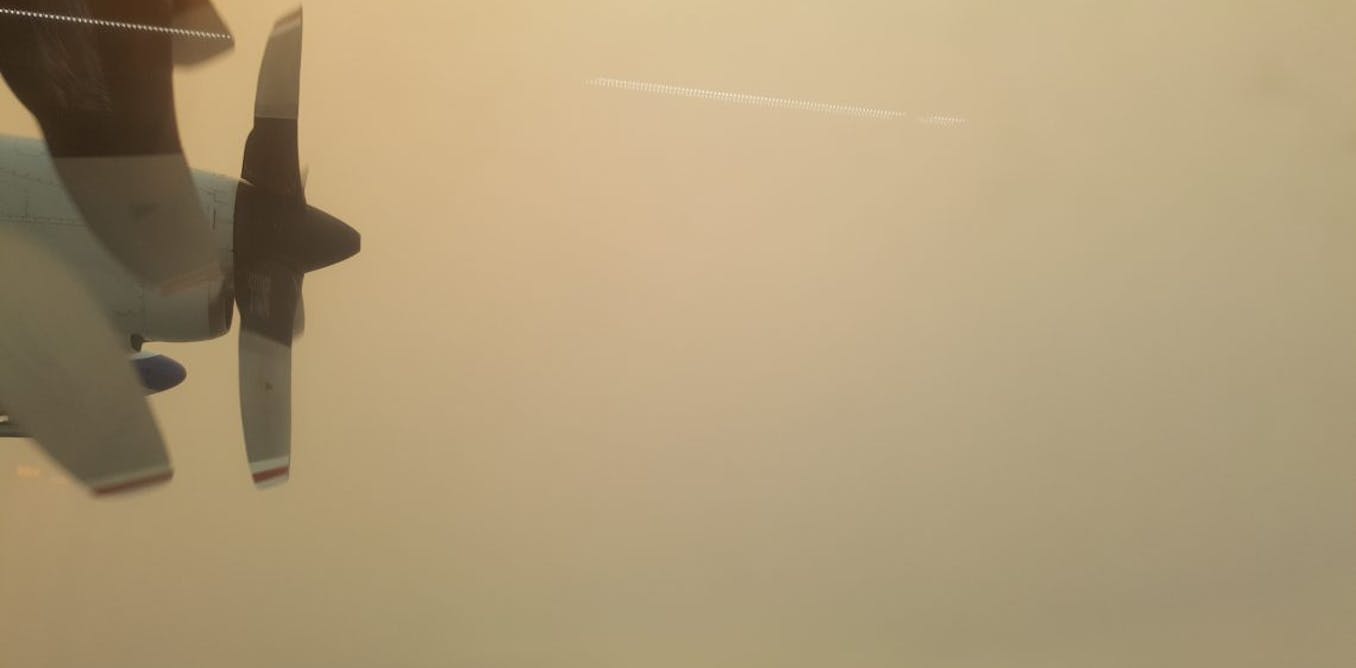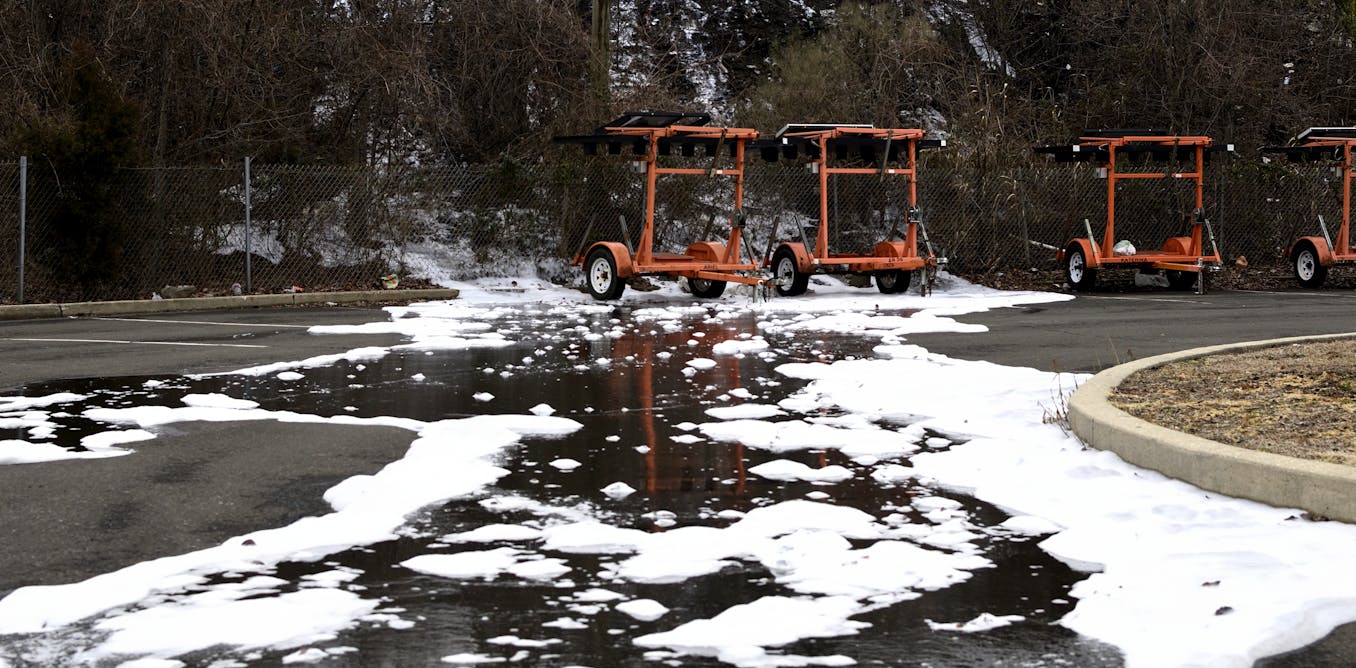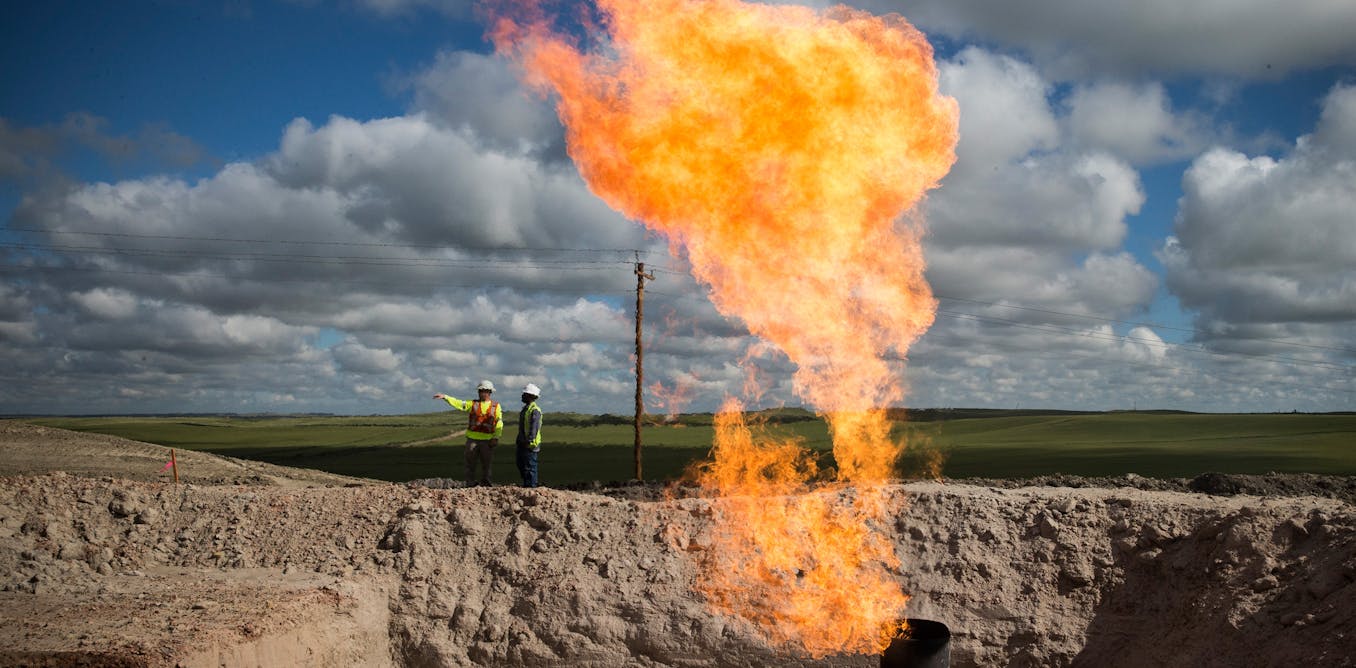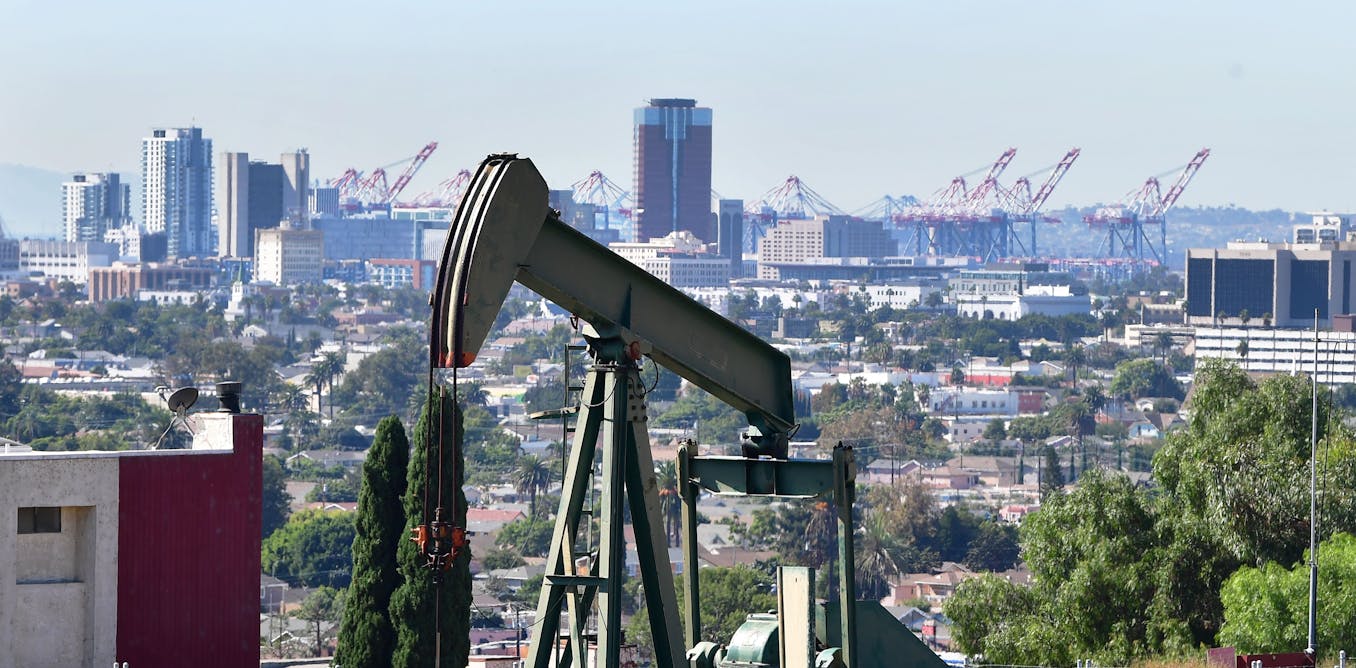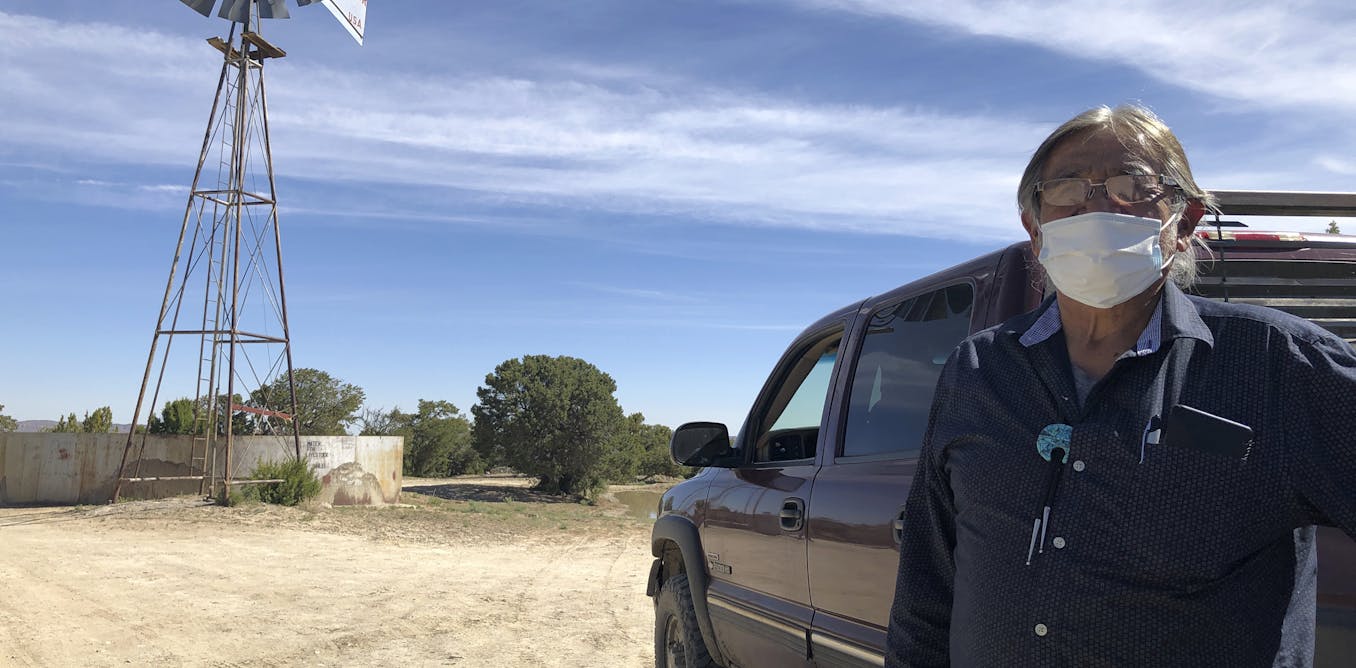Wildfire smoke changes dramatically as it ages, and that matters for downwind air quality – here's what we learned flying through smoke plumes
Thousands of chemical compounds in wildfire smoke are interacting with each other and sunlight as the smoke travels. For people downwind, it can become more toxic over time.
Dec. 17, 2020 • ~8 min

